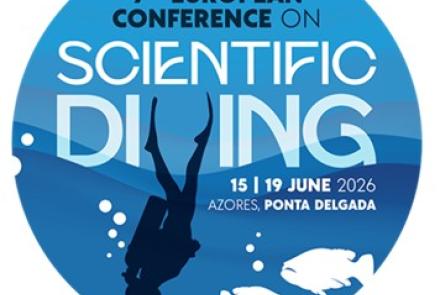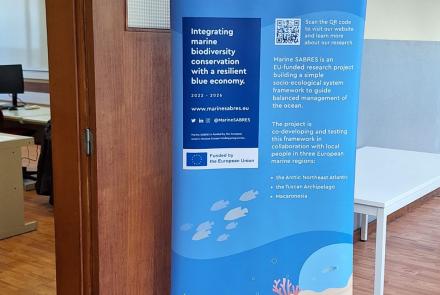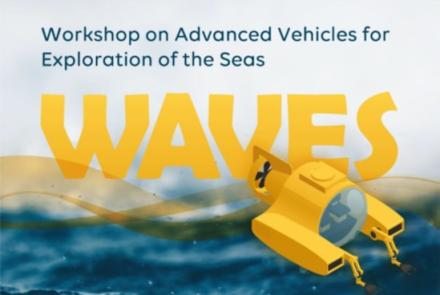UNESCO Chair Land within sea: Biodiversity & Sustainability in Atlantic Islands
The focus will be on research and teaching addressing the conciliation of biodiversity preservation, at all levels, from genes to ecosystems, and the goals of sustainable development. There will be a special focus on Atlantic islands, including the promotion of North-South and East-West interactions. Protected areas, world heritage sites and biosphere reserves, also including geoparks, will be particularly targeted. Traditional techniques and digital technologies will be used to enhance public interest on Atlantic islands’ biodiversity and in ways to attain social development while preserving the natural heritage. Learning opportunities will be created, addressing marine biodiversity, biogeography and paleontology, limnology, geospatial modelling, and evolution and conservation on islands. Links with administration, local companies, and NGO’s will allow a more straightforward diffusion of experiences. And the connections between universities and research institutions in the Atlantic islands and global initiatives such as the AIR Centre will ensure a sound scientific and educational platform.
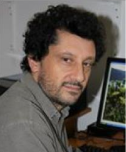
Luís Silva is a biologist, with a PhD in biology (plant ecology), and an associate professor in ecology. He is an InBIO researcher where he has coordinated the BIOISLE group, having also being the director of CIBIO-Açores. He has published about 100 publications at national and international level, mainly in the areas of plant biodiversity, ecology, genetics and conservation, ecological modelling, biogeography, biological invasions, and sustainability. He taught in undergraduate, master, and doctoral courses, mainly in the areas of biostatistics, quantitative methods, ecological statistics, ecology, and conservation. He is particularly interested in modeling the distribution of species and the composition and structure of communities, including Bayesian approaches. He has focused his research on the study of the forest, through involvement in several projects dedicated to the ecological and economic valorization of the Azorean forests. He is also developing research dedicated to plant, microbial and phylogenetic diversity in different types of pastures. He is currently Editor-in-Chief of Biochemical Genetics and, as a Red List Authority Coordinator, he is a member of the IUCN Species Survival Commission. At the University of the Azores, he integrated the Assembly of the Faculty of Science and Technology, the Scientific Council, the Strategy and Evaluation Council and the General Council.
- Domain
-
The domains and scope of the proposed UNESCO Chair are integrated into the Major Programme II - Natural sciences and related with the UNESCO global priority: Africa. Effective cooperation will be established with small island states in that continent and with Caribbean states. This Chair will abide to by the global priority for gender equality, by ensuring full access of female teachers, researchers, and students to the project activities. While considering Atlantic islands, the chair will address the small island developing states that, together with other islands, remain particularly vulnerable to crises, to the effects of climate change and environmental degradation. Therefore, this UNESCO Chair will closely target the objectives of the Small Island Developing States – UNESCO’s Action Plan, namely: building capacities through education and training and promoting scientific research and conservation of the environment, highlighting issues related to biodiversity and the ocean. The chair also addresses UNESCO’s mission regarding sustainable development and intercultural dialogue through education, the sciences, communication, and information. The continuous rise of the education of young people represents an enormous potential for change, and the chair will contribute to providing more educational and scientific resources and opportunities, specifically at the post-graduation level. This is linked to the strategic objective of developing education systems to foster high quality and inclusive lifelong learning for all. The targets of the chair also address the strategic objective of strengthening open science and scientific literacy, technology and innovation systems and policies, regionally. The chair is fully committed to the overarching objective of sustainable development since its main objective is to promote the necessary sharing of knowledge to allow the increase of human wellbeing without compromising natural resources and ecosystem services. The strategic objective of promoting international scientific cooperation on critical challenges to sustainable development is fully addressed by the chair domain and scope, since the anthropogenic impacts on the ocean, on freshwater resources, and on terrestrial ecosystems and biodiversity will be one of the main teaching and research topics. According to UNESCO, at least 40% of the global ocean is heavily impacted by human activities, and 60% of the world’s major marine ecosystems that underpin livelihoods have been degraded or are being used unsustainably. In this context, Atlantic and Caribbean islands are well placed to develop scientific knowledge and new approaches in a changing world, allowing a more sustainable relationship with the ocean. Thus, the chair will be fully tuned with other global initiatives devoted to the Atlantic, such as the AIR Centre, particularly, with the common aim to help build a shared information system, based on reliable, science-based data, addressing the world's ocean, in the framework and according to the objectives of the United Nations Decade of Ocean Science for Sustainable Development.
- Context and justification
-
In biogeography and evolution, islands are the first unit that the mind can grasp, allowing an understanding of biodiversity patterns, the emergence of evolutionary lines, and speciation/extinction processes. Islands still include many endemic life forms and remnants of primordial biological communities. Some are considered as biodiversity hotspots (e.g., the Macaronesian Islands), and illustrate the evolutionary processes first described by Darwin in the Galapagos. At the marine level, islands have revealed phenomena associated with global processes such as the glaciations. However, many islands’ biota have suffered profound changes after human settlement, due to the clearance of the native vegetation, the introduction of exotic organisms, and the spread of human activities both on land and sea. The Azores archipelago, and many other Atlantic islands and archipelagos, are a good example of such a model, still including a wealth of endemic species, but with extensive areas profoundly changed by human action. The Atlantic islands face important development challenges, aiming to improve the wellbeing of the resident population, without compromising their natural heritage. Moreover, those islands include a panoply of protected areas and biosphere reserves. Meanwhile, scientific research dedicated to island geology and biodiversity has shown considerable quantitative/qualitative growth, spanning areas such as volcanology, oceanography, climatology, paleontology, biodiversity (land, freshwater and marine), and land management. However, challenges such as the threats of invasive species, the need to implement sustainable production systems, including organic farming, forest valorization and ecotourism, are very eminent in many islands, as well as the need to raise the educational and scientific levels of the entire population. With other global initiatives emerging in the Atlantic, the Azores could work as a driver for increasing the scientific and educational cooperation between Atlantic islands, and this chair would be a decisive element on the design and implementation of this scientific network.
- Development objectives
-
The chair addresses the SDGs 4, 6, 11, 13, 14, 15 and 17 of the 2030 Agenda for Sustainable Development. There is a need to better quantify the ecosystem services provided by island forests and plant cover, namely, to reinforce resilience to climate-related hazards and natural disasters, and to integrate climate change measures into island policies, strategies, and planning. This will be a focal point of this UNESCO Chair, through the development of advanced training in quantitative geospatial analysis, limnology, and coastal ecology, which will also contribute to improving education, awareness-raising and human and institutional capacity on climate change mitigation, adaptation, impact reduction and early warning. An integrated approach, considering the different ecosystems that should be preserved and can contribute to mitigating climate change. Particular attention will be given to coastal ecosystems, identifying negative impacts from land-based activities and the unsustainable use of resources, stimulating the creation and management of marine protected areas, and increasing the economic benefits to small island developing states. In this framework, this UNESCO Chair is closely connected to the strategies of the MAB program, the objectives of the 50th anniversary of this scientific program and the International Geoscience and Geoparks program (IGGP). The chair also aims to increase scientific knowledge, and develop research capacity, considering the Intergovernmental Oceanographic Commission (IOC) criteria and guidelines on the Transfer of Marine Technology. However, islands also include peculiar terrestrial habitats and species that are often threatened or endangered. Therefore, this Chair aims to support the conservation, restoration and sustainable use of terrestrial and inland freshwater ecosystems and their services, in particular forests, wetlands, and mountains, in line with obligations under international agreements. In this context, this Chair will include postgraduate training and research devoted to sustainable management of forests and islands’ water ecosystems, including their biodiversity, thereby contributing to reduce natural habitat degradation and halt biodiversity loss. Thus, biodiversity evaluation and valorisation and the improvement of biological invasion management will be main targets of this Chair. This will be closely linked to research addressing protected areas, particularly Biosphere Reserves and Ramsar Sites, as well as Geoparks. With the cooperation of each partner, this UNESCO Chair will endeavour to contribute to a more sustainable development of all the Atlantic and Caribbean islands.
- Specific objectives
-
The creation of a scientific and educational network linking Atlantic and Caribbean islands and addressing biodiversity and environmental sustainability; building the capacity of the partner institutions and the respective islands in terms of international cooperation in education and research, addressing the environment, biodiversity, and sustainability; the development of postgraduate training through the accreditation of a Master in Biodiversity, Ecology and Evolution; the development of postgraduate training and summer schools (ecotourism, marine biogeography and paleontology, limnology, quantitative and geospatial analysis, island plant evolution and conservation); the development of common research projects, including student and researcher interchange, and the use of digital technologies for easier communication and cooperation.
Partners
- UNESCO Chair Life on land
-
(http://www.unescolifeonland.com/en/), CIBIO - Research Center in Biodiversity and Genetic Resources, Campus Agrário de Vairão, Rua Padre Armando Quintas, 4485-661 Vairão, University of Porto, Portugal
- UNESCO Chair Geoparks
-
Regional Sustainable Development and Healthy Lifestyles. University of Trás-os-Montes e Alto Douro (UTAD), Quinta de Prados, 5000-801 Vila Real, Portugal (https://www.utad.pt/en/)
- Associação GEOAÇORES
-
Azores Geopark Association: Non-profit Association responsible by the management of the Azores UNESCO Global Geopark (UGGp), integrated on the IGGP – International Geoscience and Geoparks Programme of UNESCO; Rua do Pasteleiro s/n, Angústias, 9900-069 Horta, Portugal (http://www.azoresgeopark.com)
The Azores archipelago has a rich geodiversity and important geological heritage, being considered a natural laboratory of volcanic geodiversity. The Azores UNESCO Global Geopark was constituted as the first archipelagic geopark in the world in 2013, based on a network of 121 geosites spread across the 9 islands and surrounding marine area, which guarantee the representativeness of the Azorean geodiversity and reflects its geological and eruptive history. Based on a geconservation, geotourism and geoeducation strategy, its mission is to promote the relationship between natural heritage and cultural heritage, taking geodiversity and geological heritage as a starting point. Volcanoes, calderas, lakes, lava fields, fumaroles, thermal springs, volcanic caves, among others, are elements that characterize the region's geological heritage.
9 islands, 1 geopark. A territory that invites you to enjoy an eruption…of Flavours, Smells and Experiences!
Eva Lima, Scientific coordinator
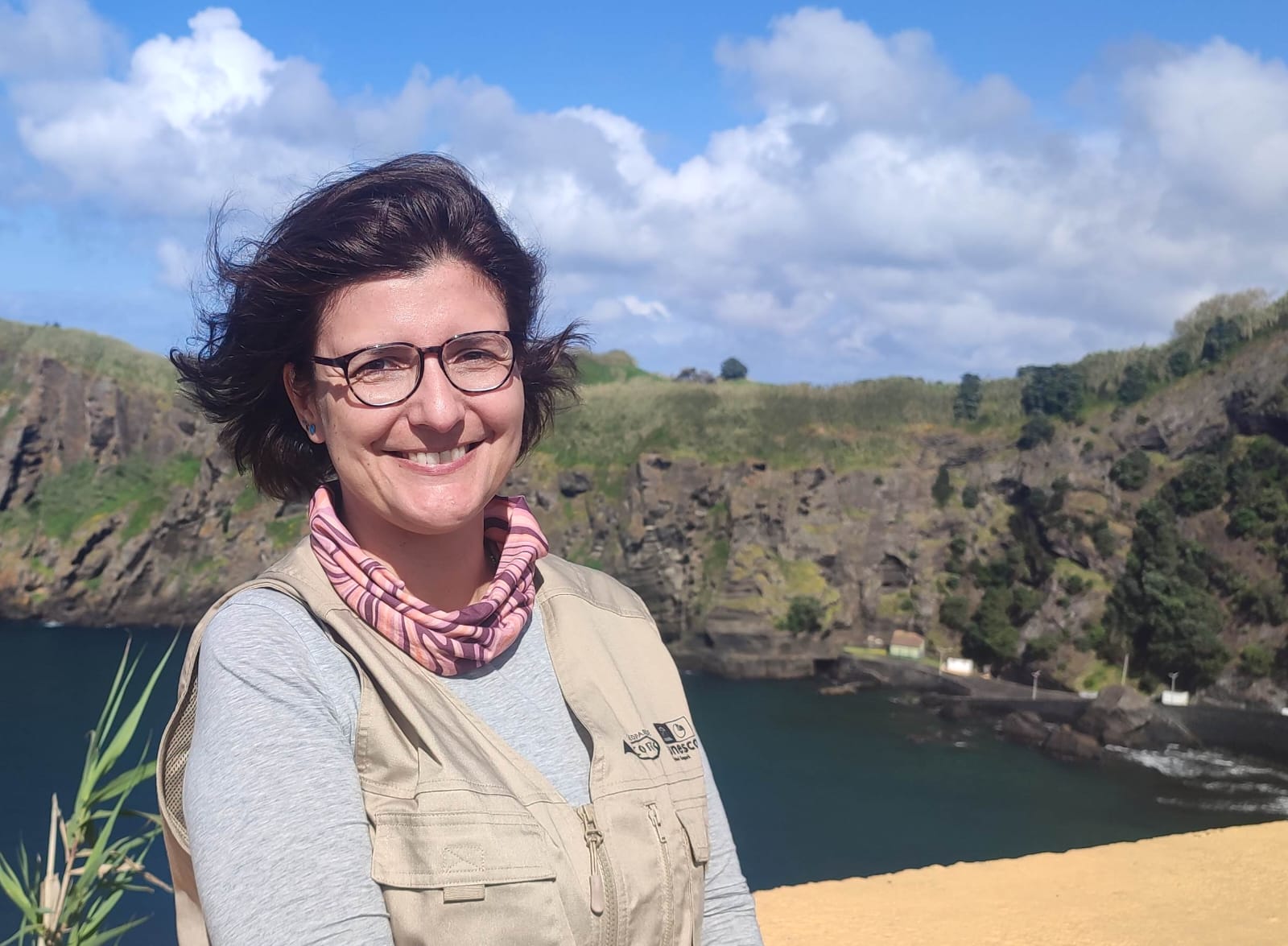
- University of Madeira
-
(https://www.uma.pt/), Faculty of Life Sciences, Marine Biology Station of Funchal, Cais do Carvão, 9000-107 Funchal, Madeira, Portugal
- Universidade de Cabo Verde
-
(University of Cabo Verde, https://unicv.edu.cv/en/), Praça António Lereno, CP 379C, Praia, Santiago, Cabo Verde
The University of Cabo Verde (Uni-CV) is the biggest university in Cabo Verde with almost 50% of the country’s total number of higher education students enrolled. It is amongst the 100 best African universities and ranks the 5th best university in the African Portuguese speaking countries.
Uni-CV offers several accredited study programs at different levels: 3 Doctoral, 14 Masters’ and 43 Bachelor programmes. There are 4080 students enrolled (academic year 2022/2023) in graduate and postgraduate courses distributed in 5 faculties and schools: Faculty of Social Sciences, Humanities and Arts; Faculty of Sciences and Technology; Faculty of Education and Sports; School of Business and Governance and School of Agriculture and Environmental Sciences.
Uni-CV collaborates with over 200 international partners from 26 countries. It is inserted in 24 international networks and is involved in several national and international research projects, including student and staff mobility programmes such as Erasmus+ International Credit Mobility
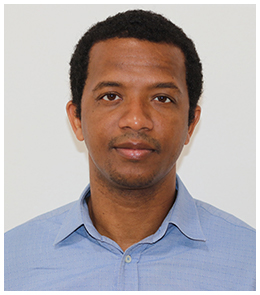
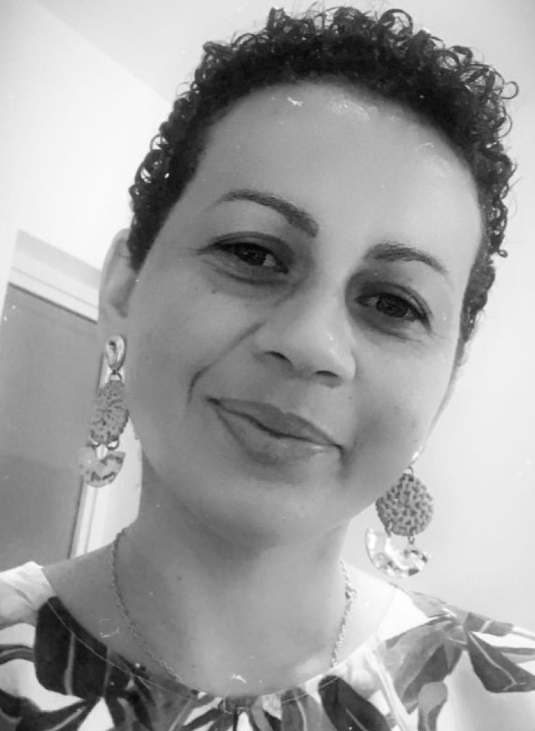
- Universidade Técnica do Atlântico
-
(Technical University of the Atlantic), Ribeira de Julião, Mindelo, São Vicente, Cabo Verde (https://candidaturas.uta.cv/)
The Atlantic Technical University (UTA) is a novel state university based in Cape Verde, and its mission is to offer undergraduate and graduate education, research, and public services. UTA inherited 39 years of experience from its precedent institutions. Together with two other independent institutions, UTA forms the "CAMPUS DO MAR" of Cape Verde, established by the Government to prepare highly qualified professionals and promote applied research and international scientific cooperation in key areas for the development of Cape Verde such as blue, green, and digital economy, as well as aeronautics, tourism, and arts.
- Universidade de São Tomé e Príncipe
-
(University of São Tomé and Príncipe), Quinta de Santo António, CP 546, São Tomé, São Tomé e Príncipe
- University of Gibraltar
-
Europa Point Campus, Gibraltar, GX11 1AA (https://www.unigib.edu.gi/)
The University of Gibraltar offers its students high quality, in person teaching and UK-aligned standards in a unique, safe and multicultural location.
Our small class sizes, combined with the expertise of our academic staff, meaningful placements and work experience opportunities enable us to deliver an exceptional student experience, ensuring you’re getting the skills that employers are looking for.
97% of University of Gibraltar graduates are in employment or further study within 6 months of graduating.*
In line with the UK Quality Assurance Agency (QAA) requirements, all University of Gibraltar degrees are regularly audited by experienced, external examiners from the UK.
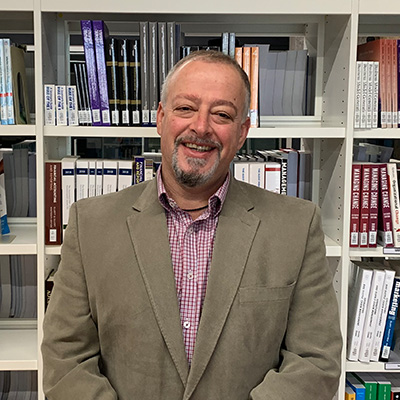
- University of the Faroe Islands
-
Faculty of Education, Nóatún 3, FO-100 Tórshavn (https://www.setur.fo/en/)
- University of Maryland Geography & Environmental Systems
-
Baltimore County, Sondheim Hall, room 211, 1000 Hilltop Circle, Baltimore, MD 21250 USA (https://ges.umbc.edu/ellis/)
- IU-ECOAQUA
-
(https://ecoaqua.ulpgc.es/) (The University Institute of Aquaculture and Sustainable Marine Ecosystems), Endereço: Parque Científico Tecnológico Marino de la ULPGC. Carretera de Taliarte S/N. 35200-Telde- Gran Canaria – España
The University of Las Palmas de Gran Canaria (ULPGC) was founded in 1989 and has six Campuses, three in Las Palmas de Gran Canaria; one in the municipality of Arucas (Gran Canaria) and two on the islands of Lanzarote and Fuerteventura.
Despite its youth, in a few years it has managed to position itself as one of the main Spanish universities, with high scientific productivity, standing out in the use of new technologies, in research related to the marine and maritime fields or in training programs. international mobility. Currently, the ULPGC has more than 1,600 professors, who also carry out valuable research activity, endorsed by 115 research groups, some of them internationally renowned. The research structure is completed with 11 University institutes linked to different fields: social, engineering, health and experimental sciences.
The ULPGC hosts the Research Institute in Sustainable Aquaculture and Marine Ecosystems (ECOAQUA), with more than 70 scientists as research staff (including professors, post-docs and technicians). In the Marine Scientific and Technological Park,
ECOAQUA runs the largest and most modern aquaculture infrastructure in Spain (>5.000 m2), which is included in two European Networks of Research Infrastructures of Excellence.
ECOAQUA has an award-granted Doctorate Program since 1991, currently entitled as Aquaculture and Marine Ecosystems and runs two Master Courses, in Aquaculture and another one in Sustainable Fisheries; besides, participates in the Master in Oceanography, and recently started the Eramus Mundus Master in Islands and Sustainability with 3 other European universities.
Regarding the internal structure, ECOAQUA is composed by 4 Research Groups. The Research Group in Biodiversity and Conservation (BIOCON) has marine biodiversity as mainstream research, with taxonomy, biogeography, macroecology, sustainable fisheries, Marine Protected Areas and applied Geographic Information Systems as specific topics. The Research Group on Tourism, Planning and Environmental Legislation (TOTMA) is devoted to analysis of laws and Conventions related to diverse activities in the coastal and marine realm. The Research Group in Ecophysiology of Marine Organisms (EOMAR) is working mainly on planktonic ecosystems and interrelations with plastic pollution in high seas and coastal ecosystems. The Research Group in Aquaculture (GIA) has developed a large number of high-quality research on fish nutrition, selective breeding, welfare, broodstock and larval rearing, and interactions with the surrounding environment.
The IU-ECOAQUA aims to contribute to the economic development of the Canary Islands through the generation of knowledge and its transfer to society, allowing new business opportunities to be created in the marine realm.
In particular, the University Institute for Research in Sustainable Aquaculture and Marine Ecosystems coordinates different lines of research for better planning and integrated management of the marine environment, both from the point of view of its natural resources and to promote sustainable development of activities linked to sustainable aquaculture production, to ecotourism and to artisanal fishing from an ecosystemic approach.
In this sense, the actions of the research centre of the University of Las Palmas de Gran Canaria aim to provide scientific support for decision-making and the implementation of European and national guidelines that favour the sustainability of marine and coastal ecosystems.
That is why, as the research activities linked to ECOAQUA have increased, we have structured ourselves into working groups, specifically: GIA, EOMAR, BIOCON and TOTMA, which have their own page on this portal.
- InBIO - Research Network in Biodiversity and Evolutionary Biology
-
(http://inbio-la.pt/), Associate Laboratory, CIBIO - Research Center in Biodiversity and Genetic Resources (https://cibio.up.pt/), Campus Agrário de Vairão, R. Padre Armando Quintas, 4485-661 Vairão, Portugal
- Linking Landscape, Environment, Agriculture and Food (LEAF) Research Center
-
Instituto Superior de Agronomia - ISA, Universidade de Lisboa (Agronomy Institute, University of Lisbon), Tapada da Ajuda, 1349-017 Lisboa, Portugal (https://www.isa.ulisboa.pt/en/leaf/anuncios)
- AIR Centre
-
The Atlantic International Research Centre, Canada de Belém sn, 9700-702 Terra Chã, Terceira, Açores, Portugal (https://www.aircentre.org/)
The AIR Centre is an internationally networked institution, oriented to foster job creation and knowledge-driven sustainable economic development in the Atlantic region. It builds on and expands what individual organizations can do and it advances selected scientific and technological domains and their constellations of actors towards shared targets. It recruits and orchestrates a complex web of organizations and individuals to deliver change and social impact through concrete actions. The AIR Centre has an unique multidimensional mission-oriented/problem-solving approach, which integrates various sciences (space, ocean, earth, climate, energy and data sciences), includes different stakeholders, encompasses diverse geographies, cultures and technology readiness levels, and fully accommodates both local priorities and global challenges such as the UN 2030 Agenda for Sustainable Development, the Decade of Ocean Science for Sustainable Development (2021-2030) and the Paris Agreement.
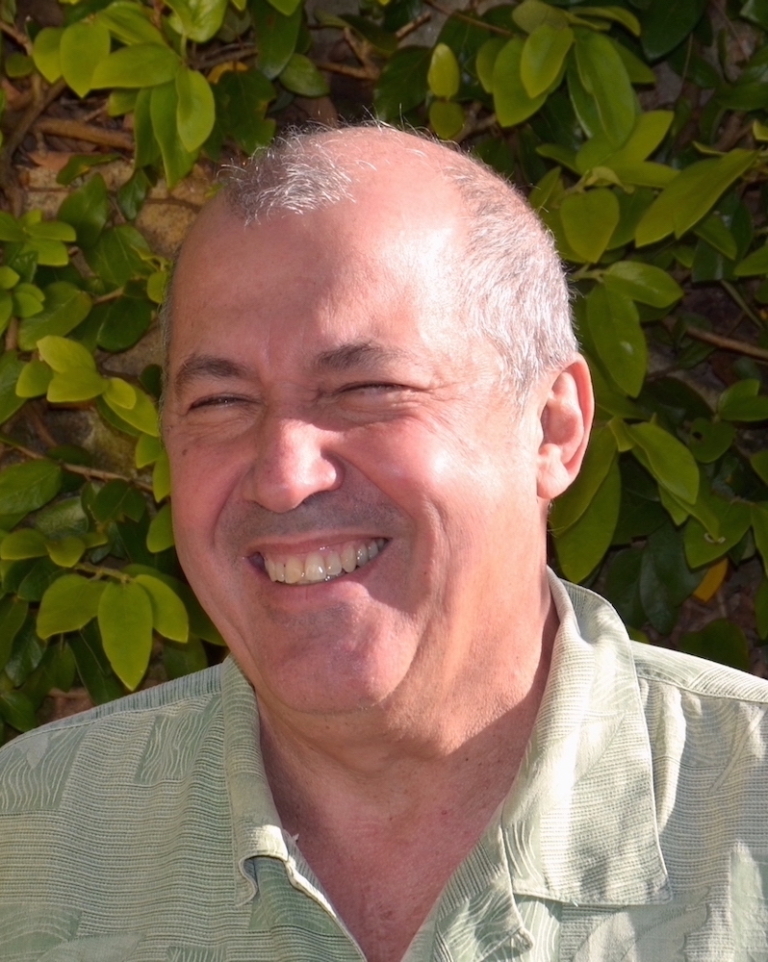
- Jardín Botánico Canario "Viera y Clavijo"
-
Unidad Asociada al CSIC, Camino del Palmeral 15, Tafira Alta, 35017 Las Palmas de Gran Canaria, España (http://www.jardincanario.org/)
- Bermuda Institute of Ocean Sciences (BIOS)
-
Biological Station, Ferry Reach, St. George's GE 01, Bermuda (http://www.bios.edu/#!/who-we-are)
The Bermuda Institute of Ocean Sciences (BIOS) is an independent US non-profit scientific research and educational organization based in Bermuda. For over 120 years BIOS-based researchers and visiting scientists have worked to explore the ocean and address critical local and global environmental issues. In 2021, BIOS merged with the Julie Ann Wrigley Global Futures Laboratory at Arizona State University, joining its mission to help ensure a habitable planet and a future in which well-being is attainable.
Since modest beginnings as a seasonal field station in 1903, BIOS has grown into an internationally recognized center for ocean science, atmospheric research and environmental monitoring and mapping. By investing in top-tier resident scientists and robust infrastructure—including R/V Atlantic Explorer, our UNOLS-compliant oceanographic research vessel—BIOS stands as a fact-based voice in a crowded conversation around the state of our planet’s ocean and climate.
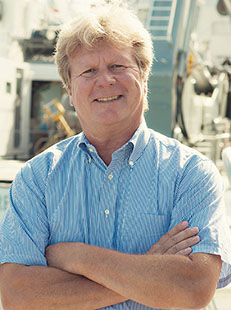
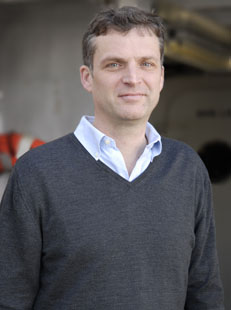
- St Helena Research Institute
-
St Helena Government (https://www.sainthelena.gov.sh/public-services/st-helena-research-institute/)
- Southwest Iceland Nature Research Centre
-
A regional institute of natural research, based in Suðurnesjabær since 2000, and that is one of eight regional Nature Centers in Iceland (http://www.natturustofa.is/english.html)
The Southwest Iceland Nature Research Centre (SINRC) is a regional institute of natural research and is based in Suðurnesjabær in Southwest Iceland. It was opened in the year 2000 and it is one of eight regional Nature Centres in Iceland. From the beginning, SINRC's research activities have mainly focused on marine biology and ornithology. However, the institution activities are diverse, so in addition there are projects of various kinds that extend to many academic fields, e.g. geology, entomology and plant ecology. Over the past decade, SINRC has dedicated it´s work to marine non-indigenous species (MNIS). Today, the institute operates as a central knowledge portal on MNIS in Iceland and maintains and updates the current knowledge of all MNIS found. SINRC is a leading institute in research and monitoring of MNIS in Iceland where it carries out monitoring and research projects, among others, in ports all around the country.
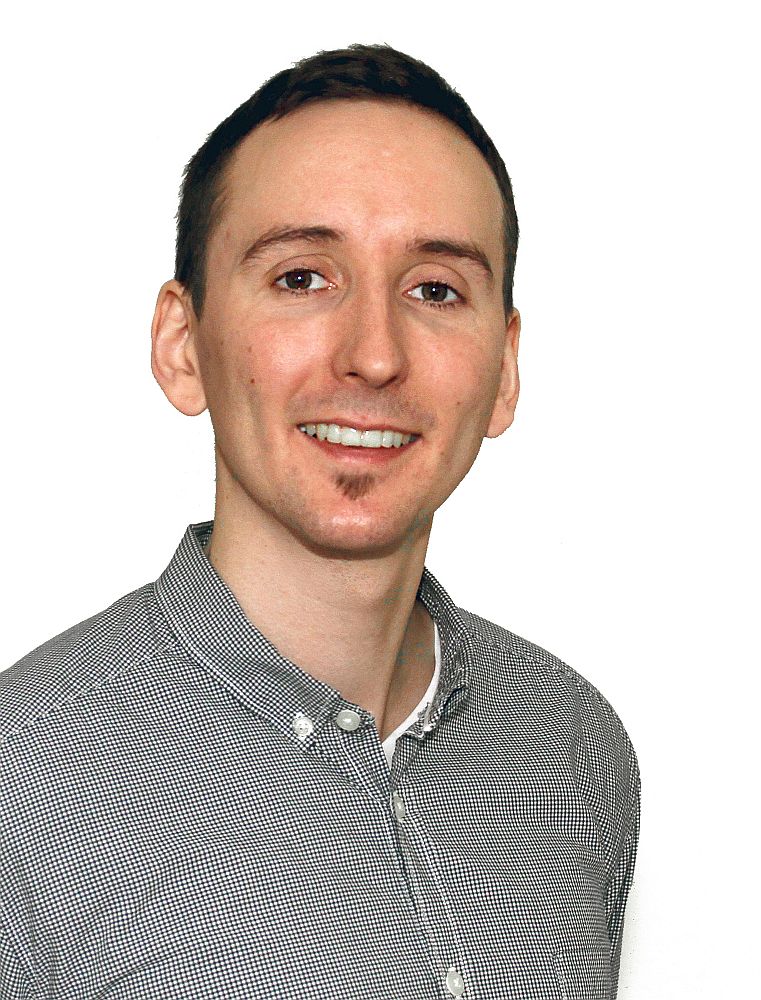
- South Atlantic Environmental Research Institute (SAERI)
-
South Atlantic Environmental Research Institute (SAERI), conducting research in the South Atlantic from the tropics down to the ice in Antarctica, P O Box 609, Stanley Cottage North, Ross Road, Falkland Islands, Stanley FIQQ 1ZZ (https://www.south-atlantic-research.org/)
- Simbiente
-
Estrada dos Portões Vermelhos, 20, Gabinete 20, 9560-350 Cabouco – Lagoa, São Miguel, Açores, Portugal (https://www.simbiente.com/home), a company devoted to Environmental and Sustainability Assessment, Ecosystems Conservation and Valorization, and Research, Development and Innovation, a spin-off from University of Minho (Portugal) and with a representative in Azores – Simbiente Açores.
“Simbiente Azores was launched in 2009, as part of Simbiente group, which emerged in 2004, with the establishment of a spin-off company from the University of Minho (Portugal), focused on working in the interface between research activities and the market, namely in the fields of Environmental Engineering and Biotechnology.
The company fields of action are:
Water Resources Management Waste Management and Material Efficiency Territorial Resources, Uses and Risks ManagementSimbiente has a highly qualified team of graduated and post-graduated technicians available in the areas of Engineering (Environmental and Biological), Biology, Microbiology and Geography, complemented whenever necessary by an extensive network of partners and external consultants in several areas of expertise.”
- Environmental and Sustainability Assessment
- Ecosystems Conservation and Valorization
- Marine and Coastal Management
- Research, Development and Innovation
- Amigos dos Açores
-
Associação Ecológica (Friends of the Azores – Ecological Association), Edifício do Museu do Pico da Pedra, Avenida da Paz, 14, 9600-053 Pico da Pedra, Açores, Portugal (http://www.amigosdosacores.pt/), a NGO dedicated to environmental awareness and education, with publications and activities such as speleology, nature observation and hiking, and identification of environmental problems.
Amigos dos Açores - Associação Ecológica aims to defend and value the environment, as well as to promote nature conservation, through cultural, educational, scientific, sports, recreational, social or other similar activities. As a Non-Governmental Association for the Environment, it has developed in the last 30 years several actions around the environment and nature conservation, especially at the regional level. It has been an entity committed to the protection and enhancement of the Azorean natural heritage. Since 2007, it has managed the visitation of Gruta do Carvão, classified as a Natural Monument.



